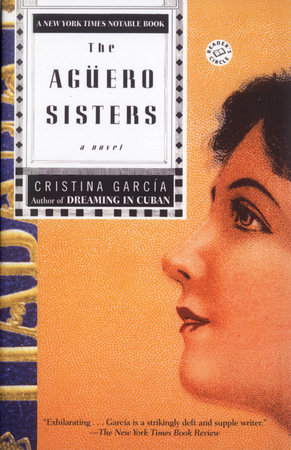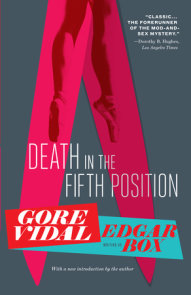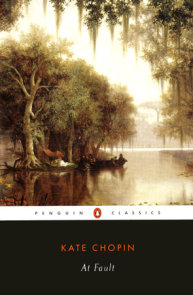READERS GUIDE
Reader’s Guide copyright © 1998 by The Ballantine Publishing Group,a division of Random House, Inc.
Introduction
"An extraordinary new novel does justice to the Cuba of history as well as the Cuba of imagination–.Garcia has crafted a beautifully rounded work of art, as warm and wry and sensuous as the island she so clearly loves."–Time"In 1992, Cristina Garcia’s Dreaming in Cuban announced the presence of a new star in the American literary firmament–Garcia’s remarkable second novel, The Aguero Sisters, is even better, a deeper, more profound plunge into the mysteries of loyalty, love and identity (national, familial and otherwise)–.Cristina Garcia again proves herself a gifted chronicler of exile’s promise and peril."–Newsday
"Five years after her debut, the former journalist has made good on her early promise with a superb second novel, The Aguero Sisters–.With sensual prose and a plot that captures the angst of the Cuban diaspora–Garcia seductively draws us in and refuses to let go."–Newsweek
"The conventions of magic realism can either amplify the story and give it resonance or fragment the narrative, draining it of clarity. Garcia’s beautifully written second novel–seems to embody both extremes–.Her prose is lush and rhythmic, so that the novel has an almost feverish air."
—Booklist
"A bold and very richly detailed portrait–Fluid, graceful, and extremely rewarding: a work of high seriousness and rich detail."–Kirkus Reviews
Questions and Topics for Discussion
1. Why do you think Garcia chose to write this book using several voices and perspectives? With which characters do you most closely identify? Do you think this use of multiple narrators interrupts the flow of the story or enriches it?
2. How do you think the Agüero sisters’ feelings about their own childhood and their parents have affected their relationships with their husbands, their own children, and each other? What things do the sisters have in common? What sets them apart from each other?
3. How would you compare and contrast the different styles of femininity displayed by the two sisters in this story?
4. Why do you think Ignacio Agüero killed his wife? How do his lies about that event affect his children?
5. When they were children, Reina tried to tell Constancia what she had learned about the death of their mother but Constancia steadfastly refused to listen. Why do you think she so desperately needed to believe her father’s version of that event?
6. One reviewer wrote, "Blanca betrays her husband, but he is so much under her spell that only by killing her can he break free." Do you agree with this interpretation of the events that led to Blanca’s death?
7. Each sister seemed to be loyal to only one parent. Why do you think this was the case? How were allegiances formed within the Agüero family? What allegiances exist within your own family? Are you closer to one parent or another? How about your own siblings? Are they closer to one parent or another?
8. Which of the two sisters do you see as more dominant–Reina or Constancia? Does that change after their final, physical confrontation?
9. Why do you think Reina has made herself the keeper of her father’s books and specimens? Her lover has asked her to clear these relics from their love nest but she has refused. Why?
10. Why do you think Constancia wakes up looking exactly like her own mother? What affect does this have on her and, later, on Reina?
11. Much of this story focuses on family themes and the bitter schism that exists between members of the same family. Have you ever experienced similar divisiveness in your own family or observed it in other families? If so, how have you dealt with those divisions?
12. What surprised you most about Garcia’s depiction of life in Cuba and among the exile community in Florida?
13. The Agüero Sisters focuses on the difficulties that arise when confronting the truth. Have you ever found yourself in a situation where you’ve had to confront a difficult truth? How do you go about letting go of an old reality in favor of a newer truth?
14. What’s the difference between Garcia’s presentation of male versus female characters? Do you see Garcia’s male characters as fully developed individuals?
15. What role does mysticism play in the lives of both Constancia and Reina?
16. Why do you think Reina takes her father’s twelve-gauge shotgun and tosses it into the sea? Reina walked away from an opportunity to defect from Cuba in the mid-1980s. Why do you think she changed her mind and decided to leave the country in the early ’90s?
17. Why do you think Heberto decided to join a revolutionary group planning another invasion of Cuba? What does Constancia think of his decision?
18. What motivates Silvestre to kill Gonzalo?
19. What do you think goes through Constancia’s mind as she finally reads her father’s diary and receives confirmation of Reina’s story about the death of their mother?






















